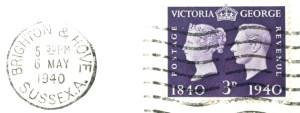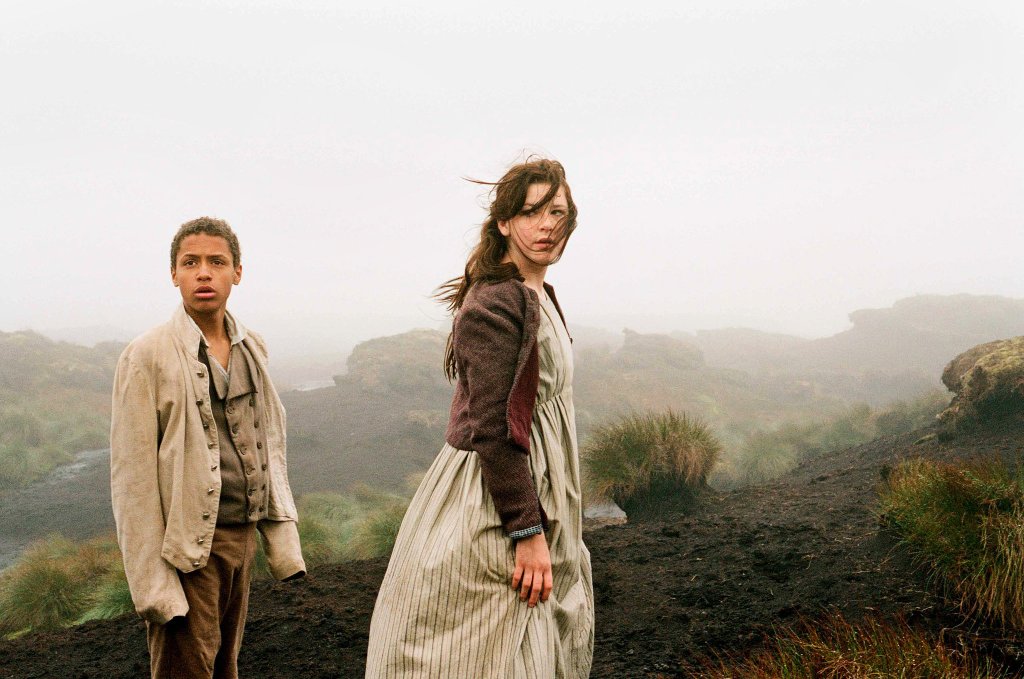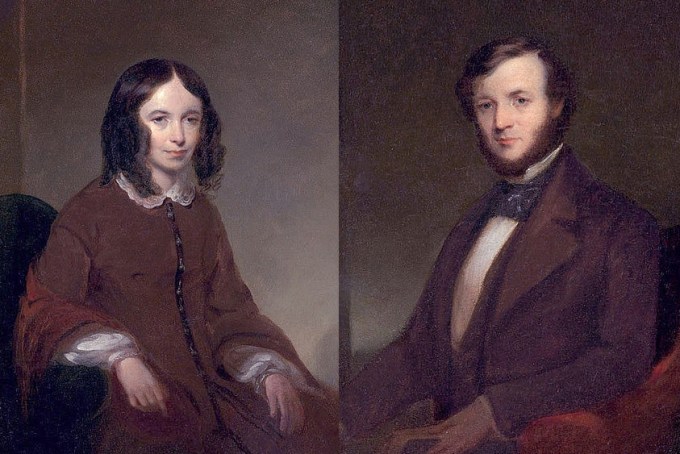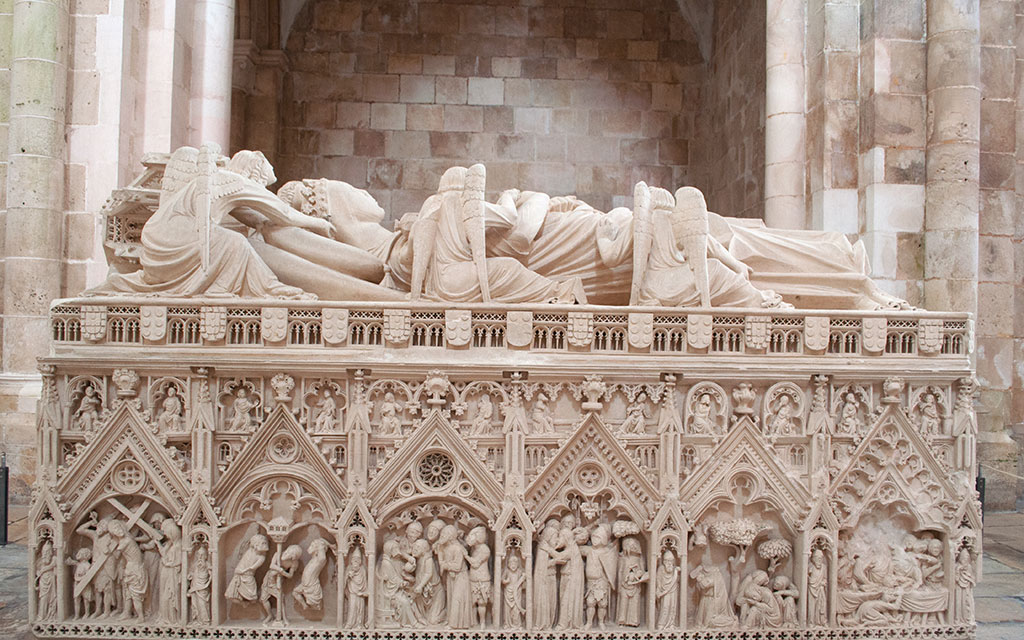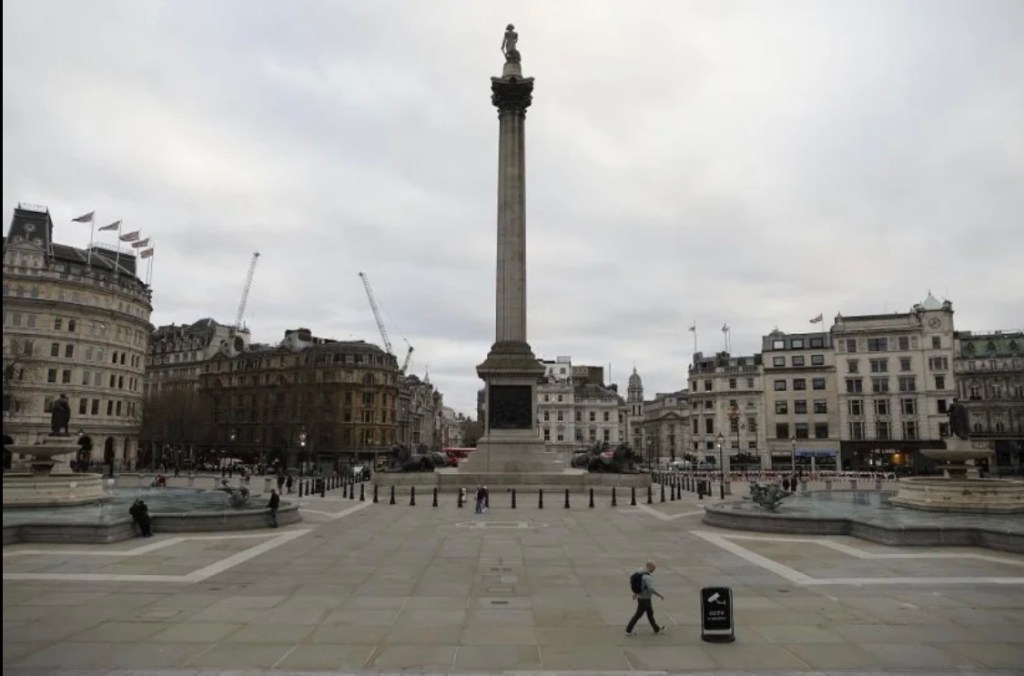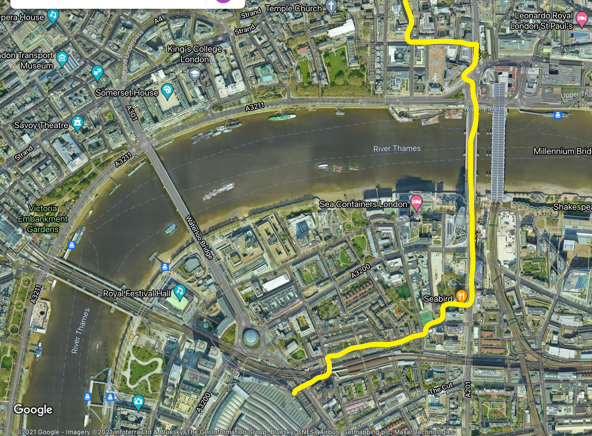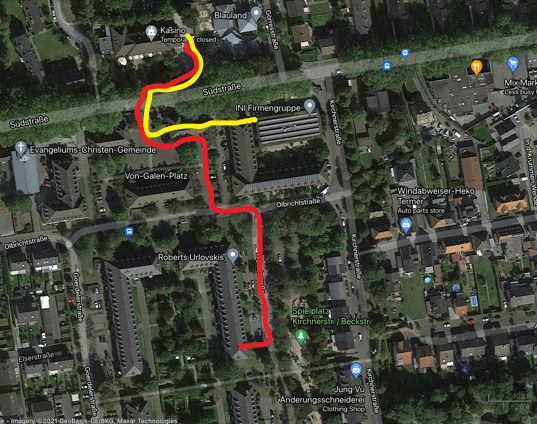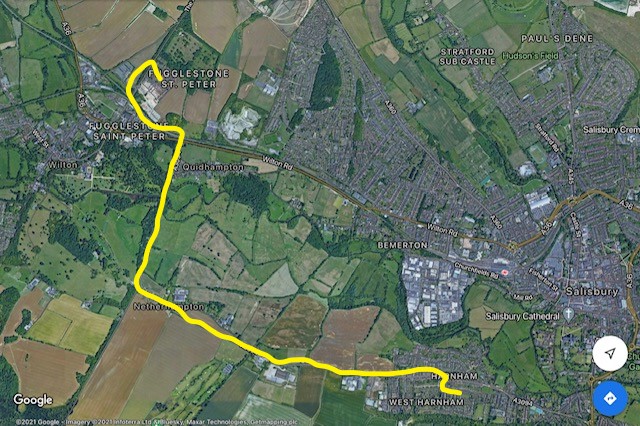I understand that writers are always looking for ideas and snippets from real life to weave into their fictional tales, although the first ‘novel’ is often fairly autobiographical. Sitting on a bus or in a restaurant or in a café, with a notebook open to catch and record some lovely phrase …… or awful account ….. can be the start. The most famous café writer that comes to mind is JK Rowling, who continued writing her Harry Potter stories in The Elephant House café in Edinburgh. Now the place is on the tourist bus route, although the café is temporary closed, having suffered smoke and water damage from a fire next door in August 2021.

The black-framed metal door opened into The Hope Café. On the right hand side the counter with all the paraphernalia to make drinks to meet the wide eclectic tastes of today’s customers – and cakes and stuff to tempt us. In the middle a collection of smallish tables with purposefully mismatched chairs and down the left a row of bench seating for more intimate chatter
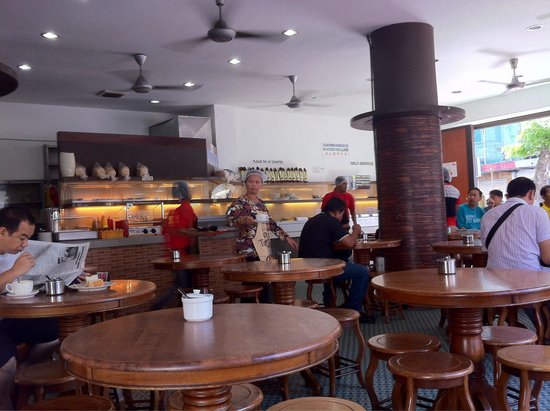
I settled into my usual seat, with eyes on both the entrance and on the counter. From my yellow Kipling bag I pulled out my scruffy notebooks and pencil case. The cafe had no power socket for laptop charging and I knew mine would only last 45 minutes so it was the old fashion way or no way. One of my notebooks simply held scraps of paper, some ripped from newspapers or magazines, others my own scribbles at 3 am in the dark, a bon mot that I needed to record – otherwise lost.
A quick furtive look around the room confirmed the usual regulars were there plus a table occupied by two late-twenties women. They sat over their coffees, one a latte and the other one a simple double espresso, their handbags over the chair-backs, the iPhone or Samsung in front, visible in case …… in case what? In case the conversation was boring, in case world war three had been declared, in case DHL suddenly needed them to be home between 1200-1400, in case …..?
Outwardly they looked chalk & cheese these two and the decade that had passed since leaving school had left its mark; one obviously a mother and the other single. But true friendship, with care and love, lasts a lifetime and this sounded like a catch-up coffee.
One had a loud piercing voice and it was impossible not to cock an ear!

“I had a fling when I was in France; I was only there for a week but I met this chap in a bar and well, I was bored and he was engaging. My recollection is we never actually had sex but then again one evening we got extremely drunk and woke up in the same bedroom. Well! I texted him: “We had fun! It was a couple of days! We kissed! Now get over ….. and I have found someone else and you just need to accept that! Sorry!” And you know what, like he couldn’t accept it, that I was the, what’s that expression, The Love of His Life. God! He hardly knows me ……. no way ….. just have to be brutal.”
“So you just cast him aside like an out-of-date Activia Vanilla yoghurt?” asked the friend!
And all this in earshot of every other customer, the old lady nursing a single cup of tea and a teacake, two blokes indulging in the ‘Full English but ‘no mushrooms please’, a romantic couple with only eyes for each other, the mother and two children struggling to control their ‘I want’ suggestions.
In one’s twenties the ‘love’ focus is to have some fun, get some experience and acknowledge that the ‘love of your life’ may be followed by other loves of your life. It’s unfortunate if you look on a friend, as this woman did, as a ‘potential ex-boyfriend’ as it immediately suggests a lack of permanence and possible lack of commitment. But it’s a view!
On the television on the café wall, out of the corner of my eye, I overheard rather than observed a news item. Just as a crisis was looming in the UK energy supplies, the newsreader was joined by the BBC Business editor Simon Jack to give a more detailed analysis. Having talked about gas prices and price caps and gas pipelines and petrol supply issues, he added that one or two longer-term projects that were going to change the industry would have to be put ‘on the back burner’ (Note 1) for the time being – and he said it with a straight face!
Realising the time, I quickly stuffed everything into my bag and, with a nod to Susie behind the counter, headed out of the door. To my right was a bus stop for the No 1 – and the indicator board signified one was due.

Sure enough, around the square it came and, with a flourish of my iPhone over the reader, I was on and in a seat.

Across the aisle sat 70-something Jim, unmasked and overweight. At the next stop another old chap got on, supporting his sagging body with walking sticks. Spying the empty seat next to Jim, he sat down. Snippets of overheard conversation went something like:
Stan: Where are you off to?
Jim: Portslade
Stan: Oh! Yes! I have lived in Portslade for years; still don’t know my way around. Where’s your stop?
Jim: No idea?
Stan: What! You have no idea where you’re getting off?
Jim: No! Of course I can recognise my stop but I can’t tell you exactly which one it is.
Stan: No worries ………
Stan looks out of the window and sees the mountains of rubbish on the streets (note 2).
Stan: This bin strike is causing a bit of a mess; I used to work for a council up north for many years so know something about ‘em bastards. (Ed: Not sure if he was referring to the council or the company that runs the refuse collection service.)
Jim is obese and he’s finding the seat uncomfortable.
Jim: This seat isn’t very big; sorry, I seem to be overflowing. They must be making narrower ones.
Stan: Where are you getting off?
Jim: Portslade – I told you ……
Stan: Which is your stop ……
I got off the bus at my stop, smiling to myself, amused by the elderly.
Richard 29th October 2021
PS Probably christened Stanley and James but more likely known as Jim and Stan??
Note 1 The back burner being the rear ring on the hob, offering less heat.
Note 2 In the City of Brighton & Hove on 7th October the chaps responsible for collecting the rubbish from the street bins went on strike. Apparently they had been asked to change their ‘round’ or drive with another team, as Covid and sickness required some flexibility. They went back to work a week ago, after a massive pay increase for the drivers.
